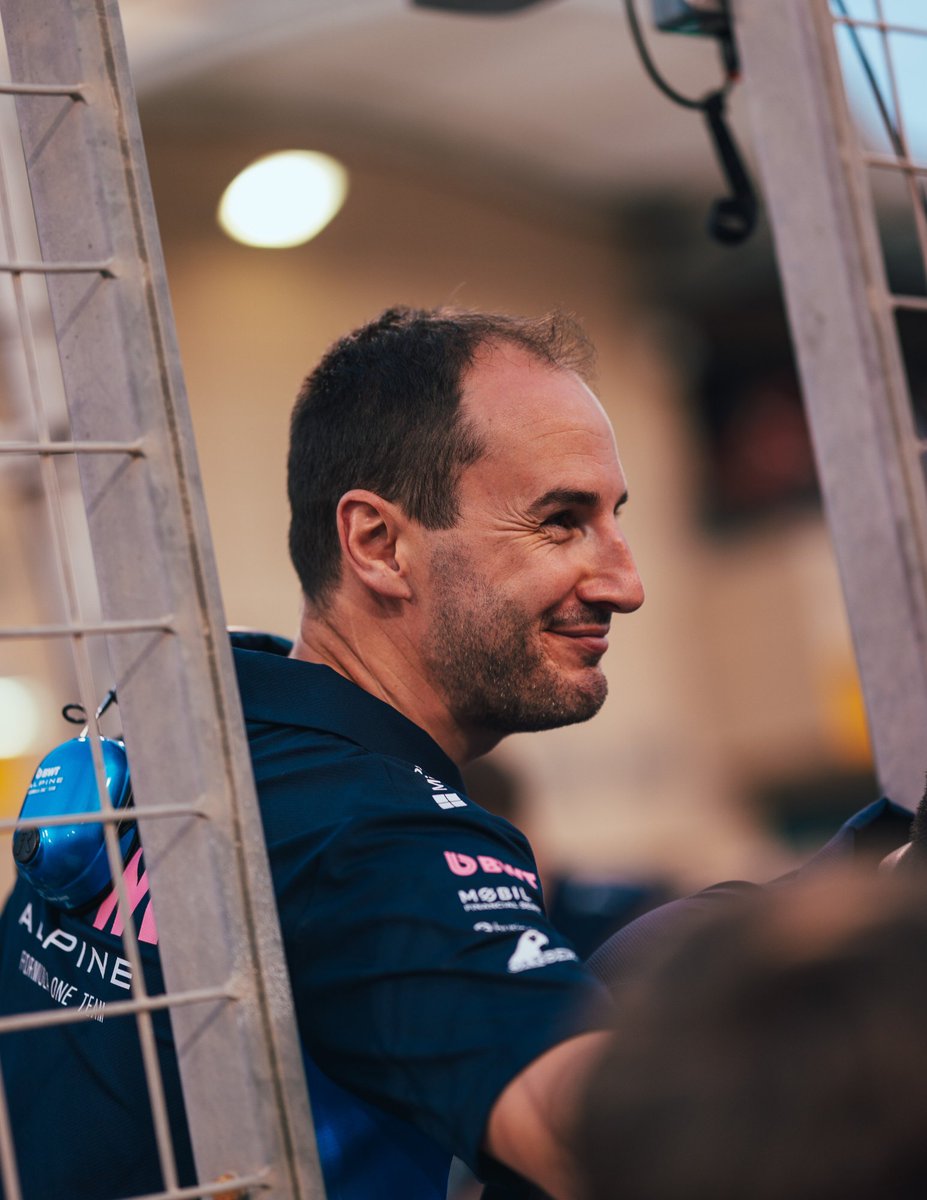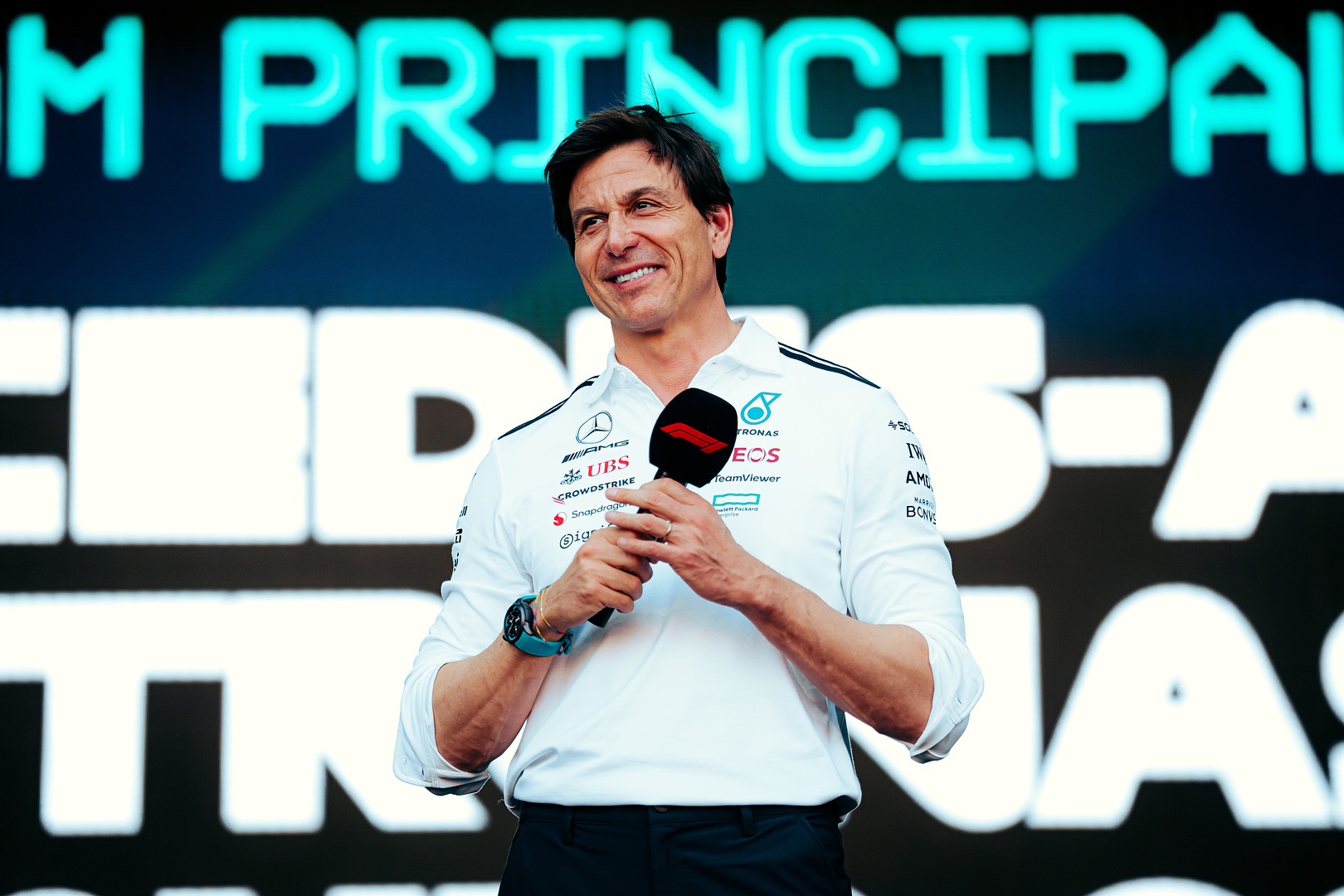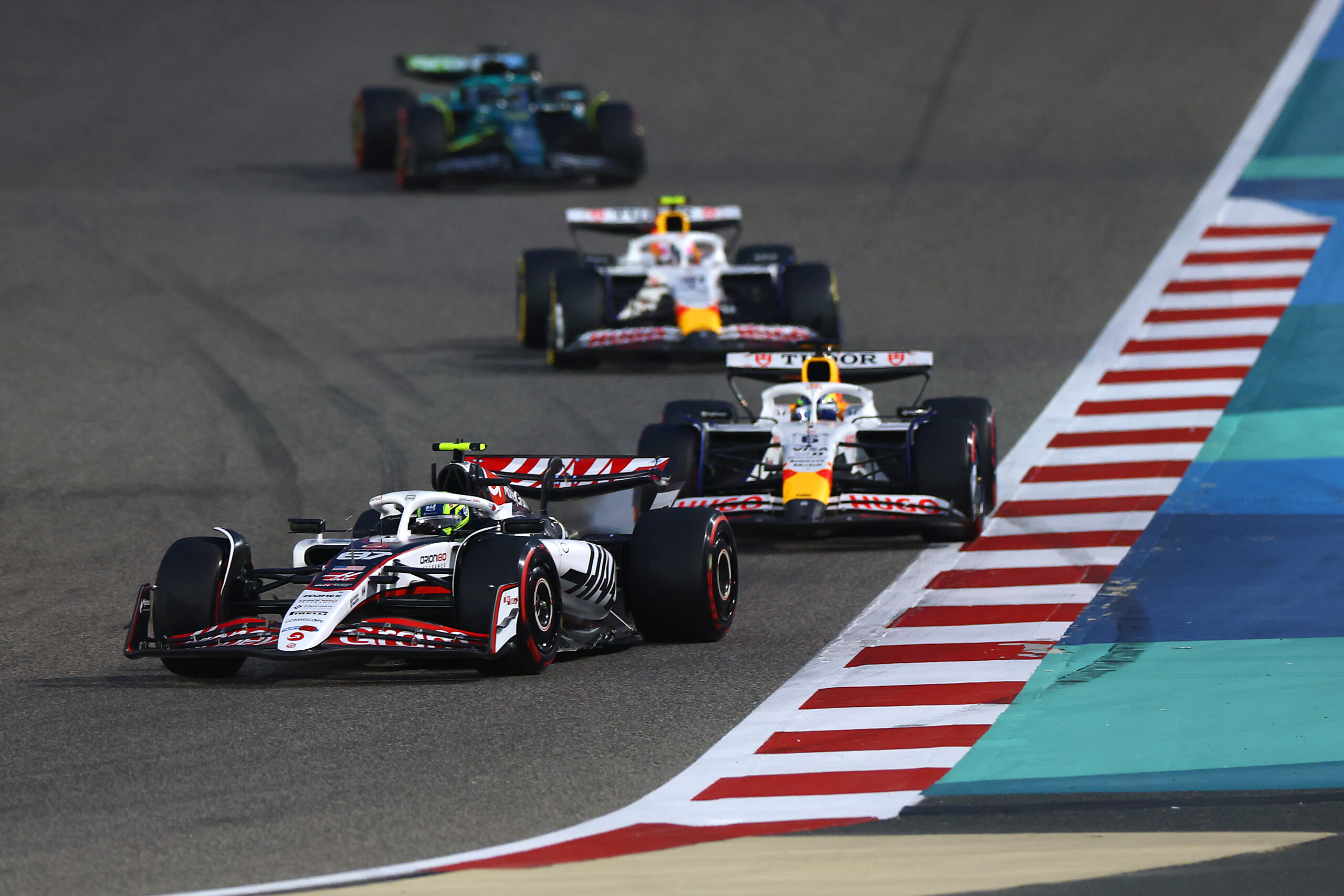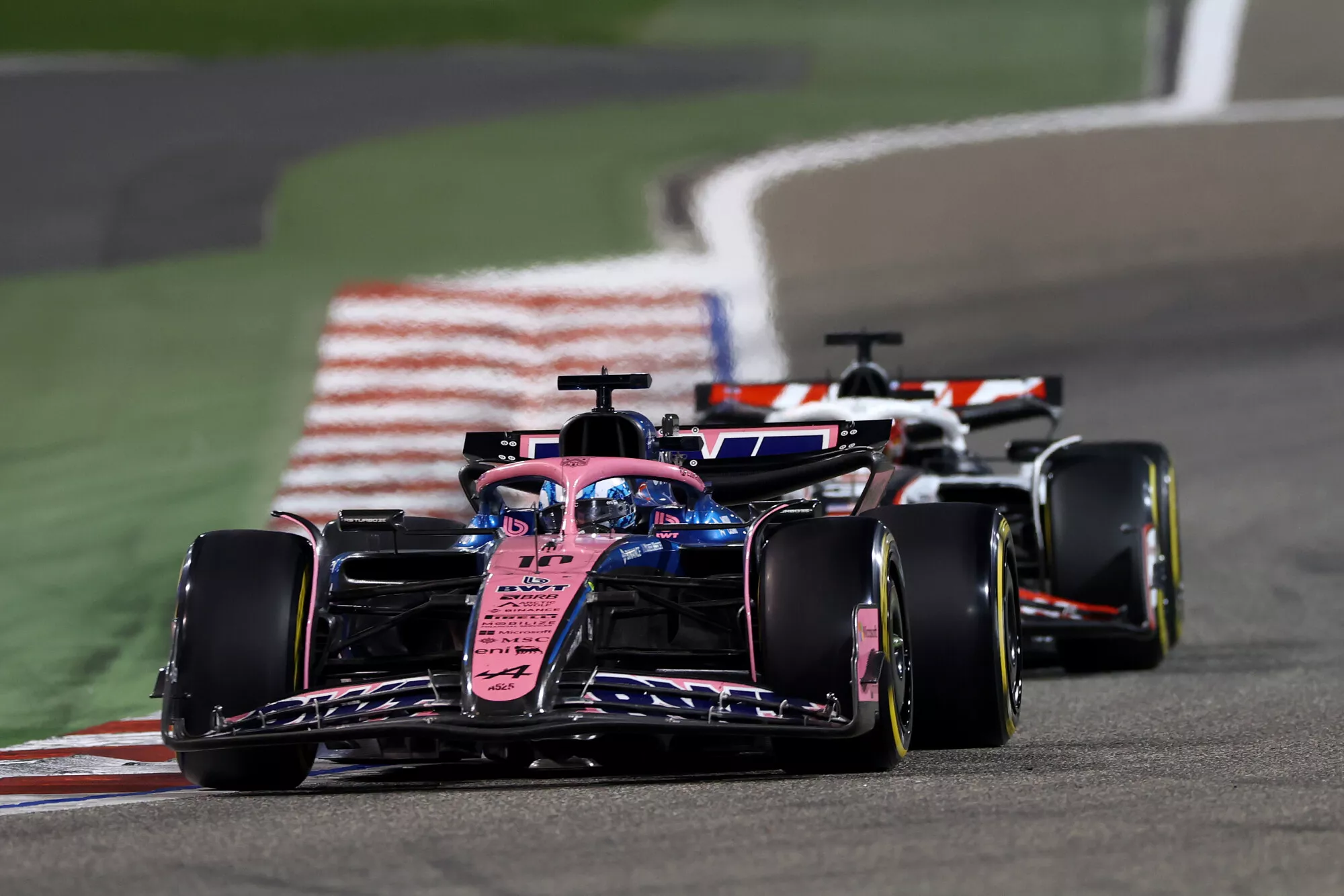From back-row last year to F1 Bahrain GP points scorers, the rise for Alpine marks a remarkable turnaround for the team. Team Principal Oli Oakes shared his thoughts on their first points of the season following an impressive P4 start. Pierre Gasly finished seventh after holding off Max Verstappen until the final lap of the race, securing six valuable points.
The result comes as a welcome relief for Alpine. They had gone three races without scoring, despite showing good speed. Speaking after the F1 Bahrain GP in his written media session, Oakes acknowledged the importance of getting off the mark.
“Yeah, I think we needed it. It’s not lost on me, you flick on a TV and you see your zero at the bottom, you know, that just piles a bit of pressure on,” said Oakes. “But I think in general, the team, we know we’ve got a pretty good car, we know this is a bit of a transition year for us as well, into ’26, not just new regs, but also on the PU side.”
The Alpine team principal highlighted their improved operational performance this season. He suggested it was only a matter of time before results came.
“I think the main thing as well, the start of this year, I think we feel, we’ve got a pretty good group there, the strategy’s been good, the way we’re working in the team. And I think it was a question of sort of when, not if, we knew we’d get some points,” he continued.
He shared, “[In] Australia, to walk away empty-handed there, was a little bit annoying because we’d sort of been in the mix the whole race, so this is just nice to sort of get started a little bit.”
Gasly had been running in the points throughout the race until a mistake at turn 1 saw him end up on the grass and drop behind the Ferraris.
Alpine power unit limitations not the whole story
Alpine’s struggles with straight-line speed have been well-documented, with their Renault power unit often cited as a limiting factor. When questioned about GPS data showing their car lacking on straights, the Briton provided a balanced perspective.
“I think, yeah, obviously a lot’s been written about GPS speeds and where we lose time, but you know, in honesty, it’s not just on the PU side, we have to do a good job on the chassis as well,” he explained. “I think if anything, we just know it is really hard at the moment, from tracks to tracks, to sort of put your package in a good window.”
Oakes noted it’s tough to get everything working because of the competition, changing tyres, varying conditions, and unpredictable set-ups.
“I don’t think anybody’s the expert at it at the moment, maybe just McLaren.”
When suggested that Bahrain’s engine-demanding nature might prove their power unit isn’t their biggest limitation, Oakes spoke:
“I’d agree with you in some ways, but what’s interesting is what aspects of the engine are you using and. Is it the torque, is it the recharge, is it clipping? I think there’s lots of things that go into it, and I think that’s why it’s not really fair to point the finger.”
The team’s approach appears to be pragmatic rather than looking for excuses. “I think, genuinely, we’ll have some races this year where it suits our package as a whole, and there’ll be some that are more difficult, and we just have to roll with it,” Oakes added.
Response to Sainz’s praise
Williams’ Carlos Sainz recently highlighted Alpine’s impressive cornering performance, noting that they matched McLaren through medium-high speed corners in Bahrain. He suggested, “If you put them on a Merc engine or a Ferrari engine, you have a car that is in the front row.”
When asked about the Spaniard’s complimentary assessment, Oakes remained measured but appreciative.
“It’s really difficult. I think it’s nice, I read that quote from Carlos, it’s a nice compliment to the team, but I think there’s many things why I’ll be running more downforce, and there are lots of things we need to look into,” he noted. “I think, genuinely, the car is performing.”
Oakes emphasised the varying nature of different circuits and how they’ve affected Alpine’s performance so far this season.
“I think in Australia we really felt we were where we were today. I think China just really did show some limitations on both sides of the package, and then in Japan, we were in a lot happier place,” he said.
“You’ve got to keep building on it, you’ve only done four races with a new car, you’re learning every week.”
Alpine’s impressive turnaround stems from major structural changes, including a McLaren-style technical split and hiring ex-Ferrari engineer David Sanchez. Flavio Briatore also returned as executive advisor, adding valuable experience to the team’s leadership group during this crucial rebuild. With a switch to Mercedes power units confirmed for 2026, Alpine’s upward momentum might only be getting started.





